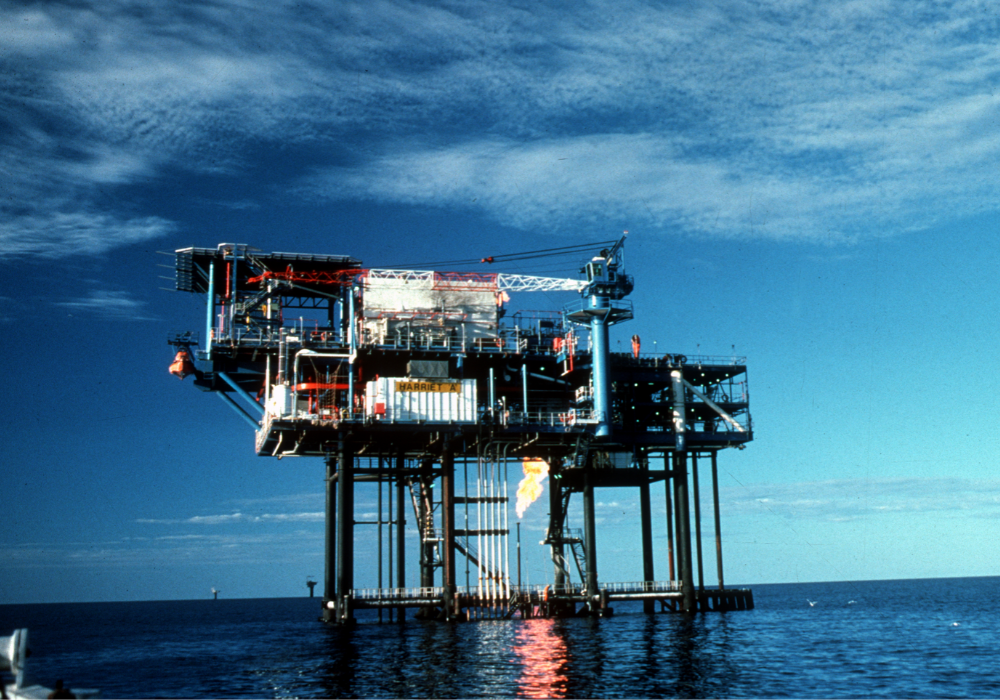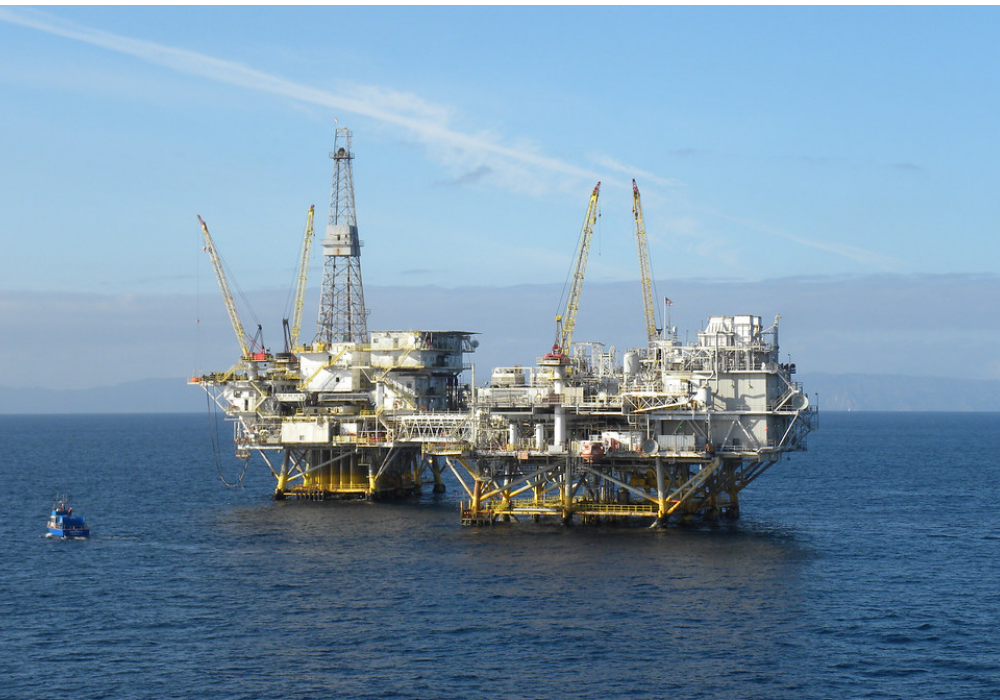
Coronavirus has caused uncertainty for planned oil and gas mergers and acquisitions (M&A) in the sector, according to analytics firm GlobalData,
This comes as the virus, which has now led to a global pandemic, has drastically affected supply and demand across several critical industries.
Oil and gas has been plagued by oversupply and declining prices amidst a price war between Saudi Arabia and Russia – leaving several planned M&A agreements in doubt.
According to data from GlobalData, there were 262 M&A deals announced in the sector this year between 1 January and 15 March, while there were 354 confirmed across the same period in 2019 – marking a 26% decline in deals.
Lead analyst at GlobalData Aurojyoti Bose highlighted that the corresponding value for planned M&A deals this year has represented a 15% drop on 2019’s figures.
“Arranging finance for pursuing deals may emerge as a challenge, while completion of some of these deals is likely to be delayed – and some may be called off altogether,” he added.
Mergers and acquisitions decline as oil prices and demand drop due to coronavirus
The International Energy Agency (IEA) announced last week it expects global oil demand to decline for the first time since 2009 as the spread of coronavirus continues to wreak havoc across global economic activity.
The organisation significantly downgraded its February oil outlook, now forecasting a 90,000 barrels per day (bpd) year-on-year contraction in 2020 to 99.9 million bpd, compared with its previous estimate of 825,000 bpd growth.
The spread of coronavirus has had a stifling effect on global oil demand, largely as a result of a slowdown in travel, economic and industrial activity, as well as various quarantine measures imposed in the key market of China — the epicentre of the health crisis and the world’s biggest crude importer.
This has led to some companies reassessing their strategies for the year ahead, with M&A deals becoming less of a priority.

On top of this, oil prices fell to their lowest in almost two decades on Wednesday (18 March), with Brent crude dipping below $26 per barrel – the cheapest since the 2003 invasion of Iraq.
According to Bloomberg, West Texas Intermediate crude fell as much as 16% in the day’s trading on Wednesday to below $23 per barrel, its lowest since 2002, as markets reacted to evaporating demand caused by the coronavirus pandemic and the price war between Saudi Arabia and Russia.
The promise of additional supplies hitting the market next month as Opec+ members are released from their existing production-cut commitments, risks even more dramatic price drops, putting global storage capabilities – and the resilience of financial systems – to the test.
As much as three million bpd of additional crude oil could saturate global markets in April, as Opec+ countries prepare to open the floodgates after years of agreed production cuts to tackle competition from cheap US shale.
The price drop affected the deal for BCE-Mach III LLC, a subsidiary of Oklahoma-headquartered oil firm Mach Resources, to acquire Texas-based Alta Mesa Holdings’ upstream assets – the sector that experienced the most M&A activity in 2019.
An agreement was made in January, but last week BCE-Mach III said the $320m deal could not be completed as financing from the Swiss investment bank UBS fell through due to plummeting oil prices.
Oil majors’ mergers and acquisitions could be affected by the coronavirus
In 2019, oil companies focused on improving their finances and reducing debt, which drove multinational oil and gas majors, such as ExxonMobil, ConocoPhillips, and Chevron, to review their global operations and begin divesting non-profitable ventures.
GlobalData’s oil and gas analyst Ravindra Puranik said that during the oil price downturn between 2014 and 2017, many exploration and production companies were able to receive refinancing from investors for about six to seven years amid hopes of price recovery.
But oil prices have now taken a huge hit, while the debt raised by operators is nearing its repayment period in the next two years – which will raise alarms across the sector.
That could lead to the major firms struggling to continue finding potential buyers for minor assets as smaller rivals opt to avoid rash acquisitions and take stock with what they currently own.
This could also scupper plans to scale up on renewables as oil companies will have less capital to spend on the cleaner technologies that could define their future beyond fossil fuels.






